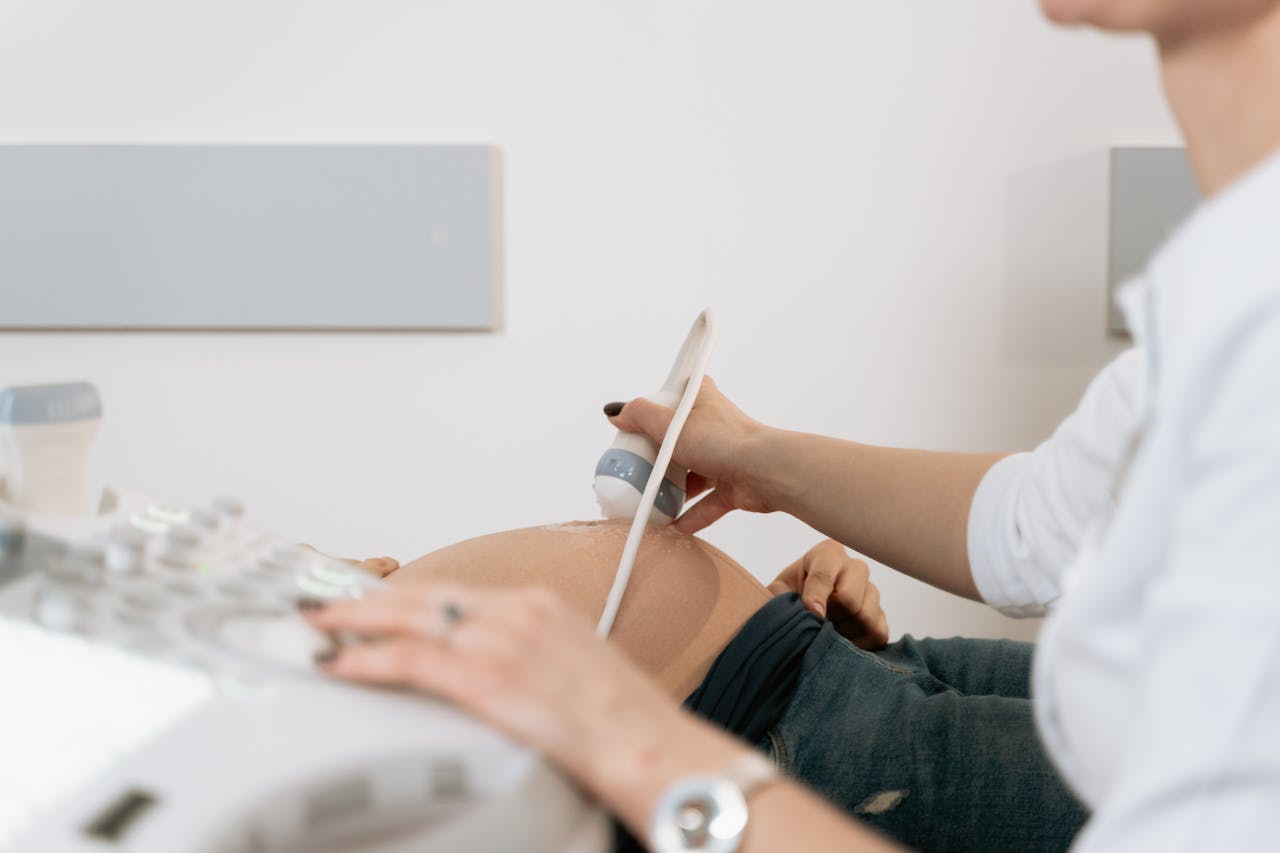
Women's Health and Diseases
Throughout her life, a woman frequently encounters various gynecological conditions such as amenorrhea (absence of menstruation), fibroids, dysmenorrhea (painful menstruation), polycystic ovary syndrome (PCOS), endometriomas (chocolate cysts), and vaginal discharge. Regardless of the condition, early diagnosis and treatment are crucial. Therefore, it is essential to consult a doctor promptly when symptoms arise.
Painful Menstruation (Dysmenorrhea):
- Most women experience painful menstruation at some point in their lives, but the severity of the pain varies from person to person. The pain, often felt as cramps, can radiate to the lower abdomen, back, and sometimes the legs. Although menstrual cramps can occur with varying intensity from the first menstrual period, they are usually due to hormonal factors. However, if severe pain arises later and progressively worsens, there might be an underlying pathological condition. Uterine and/or cervical tumors, cervical stenosis, endometriosis, infections in surrounding organs and/or the uterus-ovaries-tubes, ovarian cysts, and fibroids can cause this condition.
Amenorrhea (Absence of Menstruation):
- The reasons for a teenage girl not menstruating differ significantly from those for a 50-year-old woman not menstruating. However, during the active reproductive years (ages 20-45), the most common cause of amenorrhea is usually pregnancy. Therefore, when a woman consults a doctor with amenorrhea, the first step is to determine if she is pregnant. If there is uncertainty, it must be confirmed through tests. In some cases, despite thorough testing, the cause of amenorrhea remains unidentified. In such situations, the individual's psychological state may also play a significant role.
Fibroids:
- Fibroids are abnormal tissue growths that develop in the uterus of women of reproductive age. One of the most common issues related to women's health, fibroids result from the abnormal proliferation of uterine muscle tissue. They are the most frequent type of benign tumor found in the uterus. Although typically seen in women aged 30-40, the exact causes of fibroids are unknown. However, studies suggest that changes in estrogen levels and genetic predisposition are influential factors.


